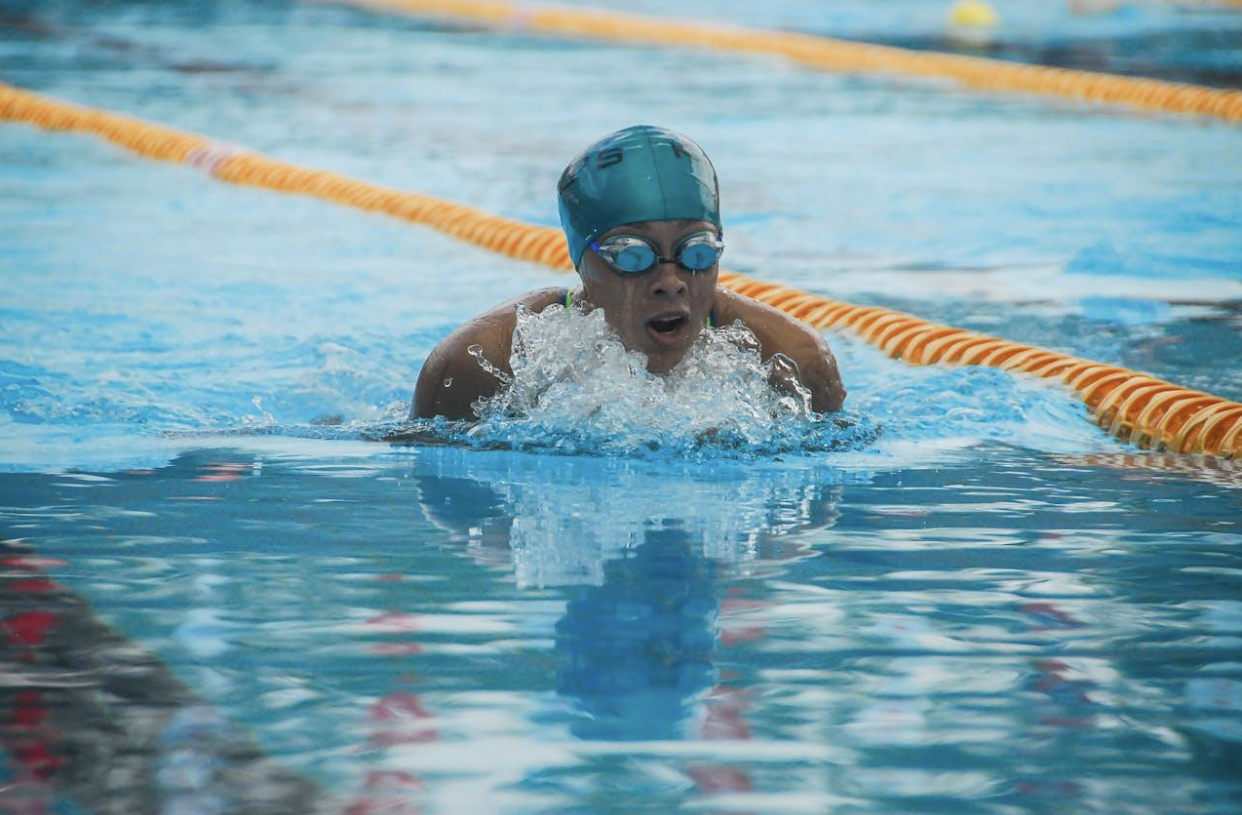Being a high school student who loves sports is impressive, especially when you’re talented and determined to play at the varsity level. But doing multiple sports means you have to manage several things, such as practices, games, and training sessions for each sport, plus you still need to focus on your schoolwork. It’s a big-time commitment. The good news is that if others have done it, you can too. Here are some simple tips to help you balance and do well in multiple varsity sports.
Use Spare Minutes Wisely
Between school, homework, practices, and games, you’ll have small pockets of free time here and there. Use these moments productively. For example, you can consult a subject expert who provides online essay writing service, review class notes on the bus, meal prep on Sunday nights, etc. Using your free time wisely will free up larger chunks later.
Maximize Your Recovery Time
When you juggle multiple sports, it can be brutal on your body because you’re pushing it to the maximum with intense training sessions, competitions, and the physical demands of each sport. In such a case, prioritizing recovery will help you avoid burnout and injuries.
Additionally, stay on top of your sleep, nutrition, and active recovery routines. The best way to do that is to aim for the recommended hours of sleep and fuel up with nutrient-dense meals and snacks before, during, and after training. Then, integrate low-impact activities like yoga and stretching into your routine.
Stay Flexible
Even with the best planning, expect the unexpected. Games may run late, group projects may demand more time, or you may get sick or injured. So, build wiggle room into your schedule and have a backup plan for when things don’t go as scheduled. Embracing flexibility is a survival skill for a multisport athlete.
Identify Overlapping Skills
It’s important to look for areas where the sports you play share common skills or physical demands. For instance, both basketball and volleyball require power and agility. You can then design workouts that train those crossover skills. You can use a comprehensive program to ensure you don’t focus more on certain areas while neglecting the others.
Talk With Your Coaches
Don’t be afraid to loop your coaches in on your multisport situation. They can help you prioritize which skills, movements, and energy systems to focus on based on the timing of your seasons. Coaches today understand the demands of being a multisport athlete better than ever before, so use their expertise to your advantage in managing your overall training load.
Be Proactive About Prehab
An athlete should do prehab on a regular basis. It becomes mandatory when the athlete has an intense workout that can affect the body. So, prehab allows you to work closely with a trainer or physical therapist to pinpoint any potential body parts that may be weak. You can then take appropriate action to deal with these concerns at an early stage and prevent them from getting worse and hurting your performance.
Include drills and workouts that enhance mobility, stabilize it, and deal with troublesome movement. Remember that one of the best strategies to prevent overuse injuries is to engage in continuous prehab work.
Put Self-Care First
When you’re busy with sports and schoolwork, it’s easy to forget about taking care of yourself. But it’s really important to remember that rest, eating well, and taking breaks are crucial for doing your best. This year, make sure to prioritize these things because they help you perform better overall. Burning yourself out doesn’t help anyone, so don’t forget to focus on what you need to stay healthy and strong.
Optimizing Your Training Across Sports
Athletes participating in many sports must strike the right balance in their training approach, even though different sports require different physical and mental skills. Cross-training effectively is essential to maximizing your fitness.
However, be honest with yourself about how much you can actually handle since trying to juggle too many things at once will just make you stressed out and exhausted. Ensure you thoroughly review your obligations, assign a priority to each one, and be prepared to waive some if necessary.
Focus on Building Core Strength
A strong core is the foundation for success in nearly every sport. Dedicate time each week to exercises that target your abdominal, lower back, and hip muscles. This will improve your balance, stability, and power transfer across all your athletic pursuits.
A variety of exercises is key when it comes to cardiovascular training. Try running, cycling, swimming, or changing it up to challenge your body in different ways. This cross-training approach prevents overuse injuries and builds well-rounded endurance.
Periodize Your Workouts
Scale back your cross-training volume during peak competition seasons. Instead, focus more on recovery, mobility, and skills specific to that sport. In the off-season, increase training diversity to build an athletic base.
Be Efficient
Look for shortcuts and hacks to streamline your routines. This includes making meal prep healthy snacks and meals in bulk. Use commute time to review flashcards or listen to recorded lectures. Take power naps when you can to recharge because every minute counts when you’re a multisport athlete.
Don’t forget to invest time mapping out your schedule each week or month. To do this, use a digital calendar or paper planner to block out practices, games, tutoring sessions, and study periods. Don’t forget to schedule downtime, too, because your mental health matters just as much as your physical training.
Time Your Fuel
When and what you eat matters as much as your overall diet; multisport athletes need to fuel up 1-2 hours before practices and games with easy-to-digest carbs and protein and refuel within 30-60 minutes after with protein and complex carbs to promote recovery, while eating the right foods at the right times will energize your workouts and games, always listen to your body and prioritize nutrition for peak performance.
Ask for Support
You don’t have to handle everything by yourself. Ask for help from your family, friends, teachers, and counselors when you need it. Talk openly about what you need, and remember to thank those who help you out. Having a good support system is really important.


















